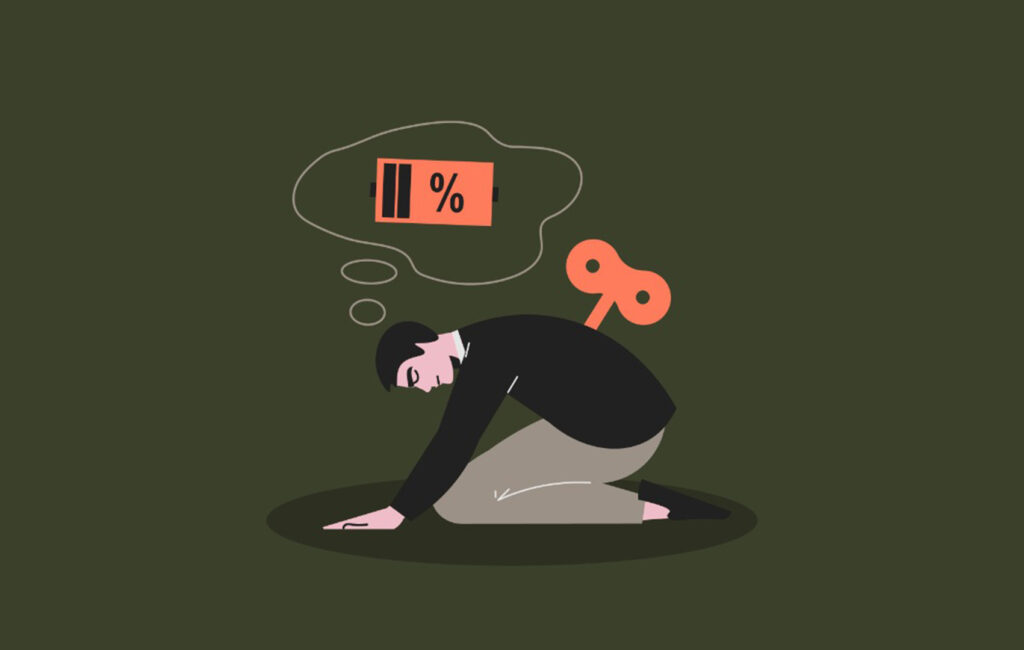
Existential burnout is a critical yet often misunderstood challenge in today’s fast-paced world. In our constantly changing society, the pursuit of purpose combined with overwhelming responsibilities can spark an internal crisis, leaving many feeling emotionally exhausted and disconnected. This guide is designed to help you navigate the complexities of existential burnout, offering practical strategies, clear explanations, and expert insights to help you reclaim your purpose and mental wellbeing. Whether you are facing burnout yourself or seeking to understand its risks, this comprehensive article provides valuable tools to ignite a journey toward recovery and lasting resilience.
Understanding Existential Burnout and Its Impact on Mental Health
Existential burnout goes beyond typical work-related fatigue. It reflects a deep sense of meaninglessness and spiritual depletion that can affect every area of life. Often driven by the quest for purpose and identity, this form of burnout emerges when individuals feel overwhelmed by life’s demands and increasingly separated from their core values.
In recent years, existential burnout has emerged as an important mental health concern. Research indicates that when burnout extends beyond the workplace, it undermines overall wellbeing and contributes to chronic stress, anxiety, and depression. Understanding its root causes is essential for managing and eventually overcoming this condition.
Exploring existential burnout means examining the link between personal meaning, societal expectations, and mental health. As society evolves, many find themselves disconnected from their true values despite professional or personal achievements. This section introduces the complex nature of existential burnout and invites you to question why persistent feelings of emptiness might linger even in success.
Recognizing the Symptoms of Existential Burnout

Detecting existential burnout early on is crucial to reducing its long-term effects on mental health. Unlike standard burnout that shows clear signs like fatigue and work disengagement, existential burnout often develops subtly. Common indicators include a lingering sense of purposelessness, a marked drop in motivation for creative and personal pursuits, and enduring dissatisfaction despite outward success.
Additional symptoms include persistent emptiness, feelings of isolation, and disconnection from one’s emotions. Many describe a hollow void where joy and fulfillment once resided. Unchecked existential burnout can quietly undermine your overall well-being if not addressed swiftly.
It is important to understand that these signs go beyond momentary moods, signaling deep-seated emotional distress. Early identification of these symptoms allows for prompt intervention, which can prevent more serious issues such as depression or anxiety disorders. Mental health professionals stress that acknowledging these signs is the first, critical step toward recovery.
Practical Strategies to Overcome Existential Burnout
Effectively addressing existential burnout calls for a balanced approach that integrates self-care, mindfulness, and practical lifestyle changes. In this section, we highlight actionable strategies that have empowered many to rediscover their purpose. Using these steps as part of your daily routine can spark profound transformation.
A foundational strategy is reconnecting with your inner self through mindfulness practices. Techniques such as meditation, journaling, and reflective reading give you the space to pause and regain perspective amid daily chaos. This helps you address the internal dialogue that often drives burnout, paving the way for self-understanding and acceptance.

Another vital approach is realigning your personal goals with your true values. Many fall into burnout by chasing objectives that don’t truly resonate. Reflecting on your goals and what matters most can steer you toward fulfilling activities that honor your authentic self. Let’s explore these strategies further.
Lifestyle Changes and Professional Support for Mental Wellbeing
While self-help strategies are vital, making broader lifestyle changes and seeking professional support play crucial roles in overcoming existential burnout. This section explores a range of lifestyle adjustments—from nutrition and exercise to sleep routines—that bolster overall mental health.
Beyond physical improvements, professional guidance from mental health experts offers tailored strategies for addressing deeper emotional challenges. Therapy, counseling, and support groups provide a safe space to explore and heal the roots of burnout. Expert help is often key to building a personalized recovery plan.
Many people have experienced significant mood and energy improvements by integrating healthy routines into their daily lives. Whether it’s online platforms, community groups, or established mental health organizations, a holistic approach combining self-care with external support has proven highly effective in combating burnout.
Future Perspectives and Developing Resilience

Looking ahead, the approach to mental health and existential burnout continues to evolve. The integration of technology in mental health care and the rise of digital therapy are opening new pathways to support mental wellbeing.
Building resilience against existential burnout means addressing current challenges while preparing for future ones. Embracing innovations in psychological research and new therapeutic methods can empower both individuals and communities. Staying ahead in the evolving landscape of mental health requires continual adaptation and learning.
This section discusses innovative strategies and resilience training, highlighting how to create a robust support system that minimizes future burnout. With a forward-thinking approach, you can leverage technological and community resources to maintain long-term mental balance.
Deep Dive into Techniques and Expert Opinions
Beyond the strategies already discussed, it’s important to consider expert insights on overcoming burnout. Psychologists and mental health professionals emphasize a comprehensive, integrative approach to managing burnout. They advocate for regular mental health checkups and self-assessments as part of ongoing care. Expert opinions stress that recovery is a continuous journey that demands consistent effort and patience.
Experts agree that small, consistent steps towards self-improvement can lead to meaningful changes over time. For example, incorporating daily breathing exercises, practicing gratitude, and setting aside time for self-reflection can gradually enhance mental resilience. These practices work together to counter feelings of emptiness and renew your enthusiasm for life.

Recent research published in respected journals, such as those from the American Psychological Association, shows that the neurological effects of chronic stress can be reversed. This evidence provides hope, demonstrating that with the right support and self-care, the brain can rewire itself. Such insights encourage those facing existential burnout to persist, knowing that both professional help and self-care practices are backed by strong scientific evidence.
Overcoming existential burnout is not a simple, linear process but a continuous journey that requires self-compassion, resilience, and a diverse set of strategies. By combining self-awareness, practical techniques, lifestyle improvements, and professional support, you can effectively manage modern mental health challenges. Remember that acknowledging burnout is the first step toward real healing. Embracing these practices will help you build the strength needed to thrive even amid existential challenges, ultimately leading you to a more purposeful and healthier future.
Existential burnout in men often emerges as a deep, lingering sense of disconnection from purpose, identity, and meaning. It goes beyond physical exhaustion, manifesting as a quiet inner crisis where routine success, societal roles, or external achievements no longer bring fulfillment. Many men struggle silently with this form of burnout, feeling the pressure to maintain strength and stability while questioning the very foundations of their lives — their career paths, relationships, and personal worth. Left unaddressed, this internal fatigue can lead to emotional numbness, isolation, and a loss of direction, making it essential to create safe spaces where men can explore these feelings and redefine what truly matters to them.